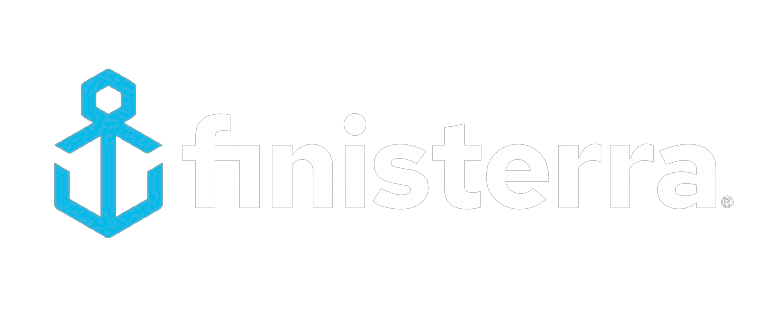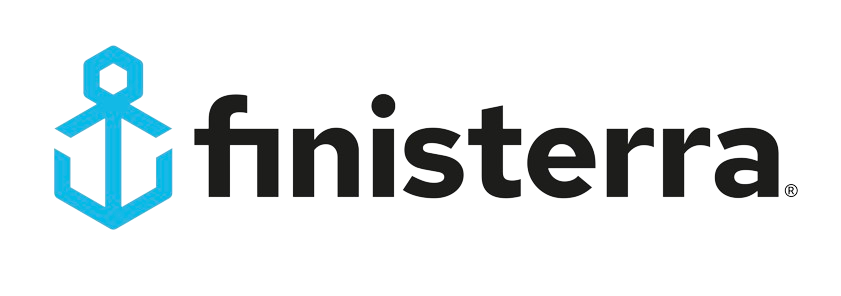CLI Command Documentation
Overview
finisterra, is designed to orchestrate and manage cloud resources. It supports operations across multiple providers, allowing for configuration and management via a series of flags which control the behavior of the tool.
Flags
--provider / -p
- Description: Specifies the cloud provider. Supports
aws,cloudflare,pagerduty,kafka. - Reuired: No
- Default:
"aws" - Example:
-p aws
--module / -m
- Description: Required. Specifies the module(s) to be used. List multiple modules separated by commas, or use
"all"to select all available modules. - Reuired: Yes
- Example:
-m ec2,s3or-m all
--output_dir / -o
- Description: Defines the directory where output files will be stored.
- Reuired: No
- Default: Current working directory.
- Example:
-o /path/to/output
--process_dependencies / -d
- Description: Indicates whether dependencies should be processed.
- Reuired: No
- Default:
True - Type: Boolean
- Example:
-d False
--run-plan / -r
- Description: Determines whether to execute the Terraform plan.
- Reuired: No
- Default:
True - Type: Boolean
- Example:
-r False
--token / -t
- Description: Finisterra API token.
- Reuired: No
- Example:
-t your_token_here
--cache-dir / -c
- Description: Specifies the directory to cache Terraform provider schemas.
- Reuired: No
- Example:
-c /path/to/cache
--filters / -f
- Description: Applies specific filters to the resource query.
- Reuired: No
- Example:
-f "tag:Environment=prod"
--github-push-repo / -ghr
- Description: The GitHub repository to push generated code to. Specifying this will override the
--output_dirsetting. - Reuired: No
- Example:
-ghr username/repository
--stack-name / -s
- Description: Specifies the name of the stack for which resources are being managed.
- Reuired: No
- Example:
-s my_stack

